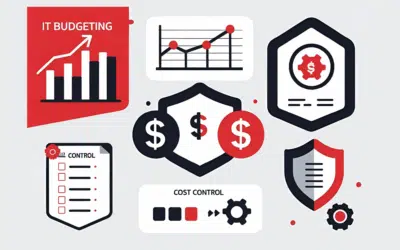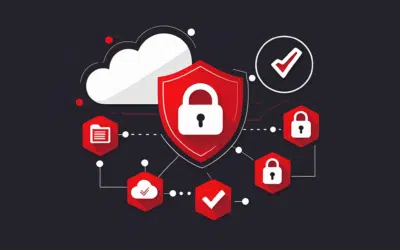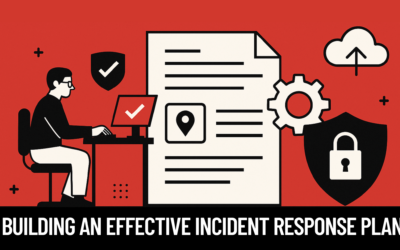Social engineering is the ability to manipulate people into willfully giving up their confidential information. The data varies, but in terms of cybersecurity, this usually means endangering your passwords and bank information. Criminals are using social engineering to gain access to your business and its network by exploiting employees who usually don’t have a clue about what is happening. Avoiding this issue is a matter of training, and we’re here to educate you on the subject.
As more and more of our information moves into the digital realm, criminals are turning to social engineering to trick people into trusting them with their delicate information. People often trust others too easily and make themselves the targets of easy attacks from criminals. These attacks may come in the form of messages, baiting scenarios, fake company responses, and many others.
Most often, messages are sent to users in the form of an email that might contain a link or something to download. Although they may look legitimate, these emails often contain viruses; once the link is opened or you attempt to download it, a virus latches onto your computer, giving its creator free access to your email account and personal information.
Emails such as these can also come with a compelling story about needing help, winning the lottery, or even paying taxes to the government. Under the veil of legitimacy, criminals will ask you to trust them with your account details so they can either reward you or help you avoid fines and punishments. What you actually get is a bad case of identity theft.
In another scenario, criminals will bait their targets with “confidential information regarding their account.” This may come in the form of fake company messages that appear to be responses to your claims, which are followed up by a request for login details. While victims believe they are slamming the door on a crime by providing their information, they’ve actually provided their attackers with the keys.
There are several ways people can avoid becoming victims of social engineering. First, always ensure that you delete all spam from your email, and thoroughly research sources before responding to claims from a company — even if it seems like the one you normally use.
The same applies for links. Confirm the destination of any link before clicking on it. Sites like bit.ly are often used to shorten long and cumbersome links, but because users have grown accusomted to them they are often used to hide malacious misdirections.
Never give out sensitive information that includes your password, bank information, social security, or any other private details. No respectable financial institution will request this type of information through email or a site other than their own. If you’re unsure, navigate away from the page you’ve been sent to and visit the page you believe to be making the request. If the address doesn’t have the letter ‘s’ after ‘http,’ it’s likely a scam.
Last but not least, check that all your devices are protected by the most recent antivirus software. While the strength of social engineering lies in the fact that it’s people-driven rather than technology-driven, antivirus software can help detect and prevent requests from known cybercriminals.
Cyber security is essential to the success of any modern business. Don’t let yourself become victim to criminals who have mastered the art of social engineering. While we’re proud of our extensive experience as technology professionals, we also have more than enough expertise to keep your business safe from those who are using people-based exploits. Get in touch with us today for all your security concerns.








